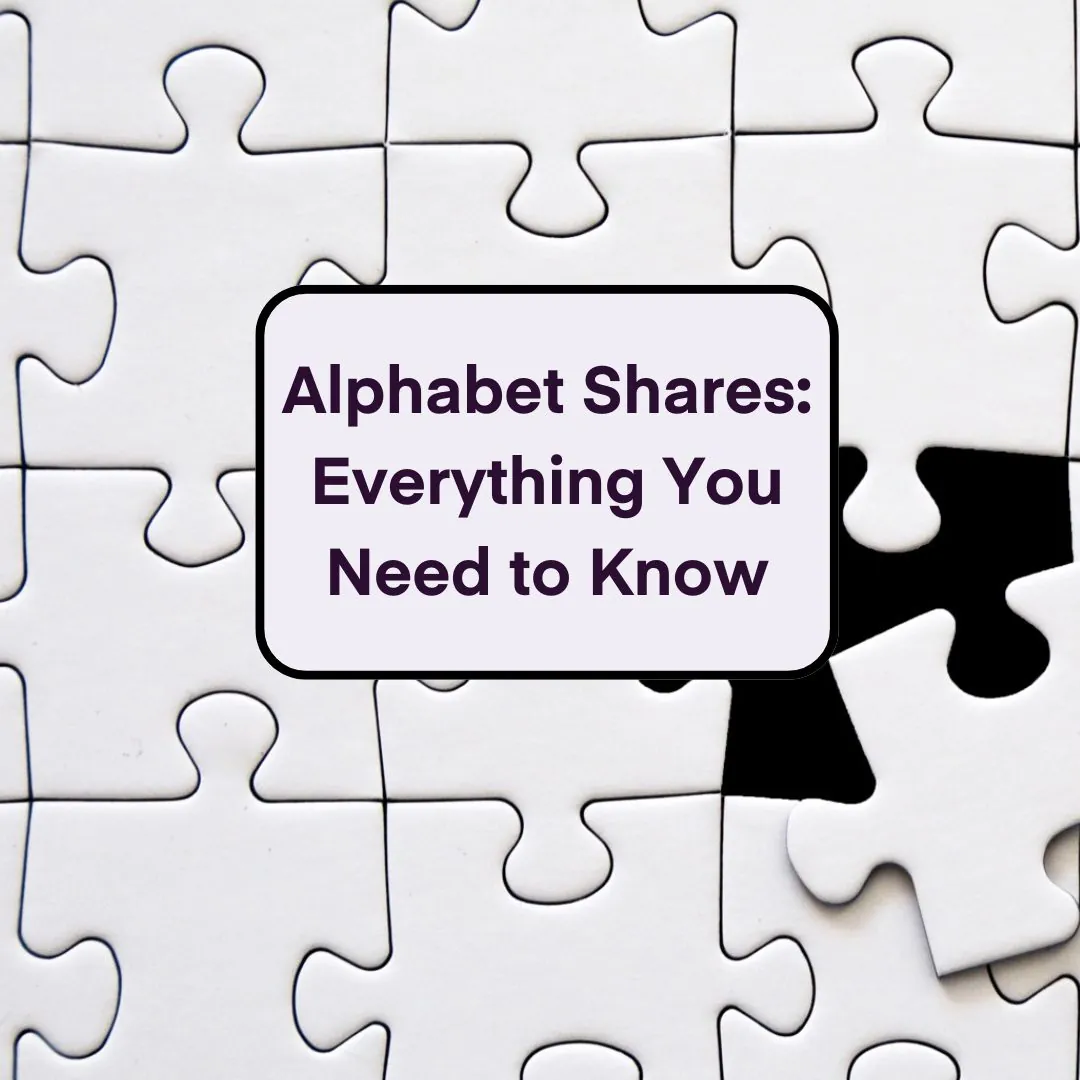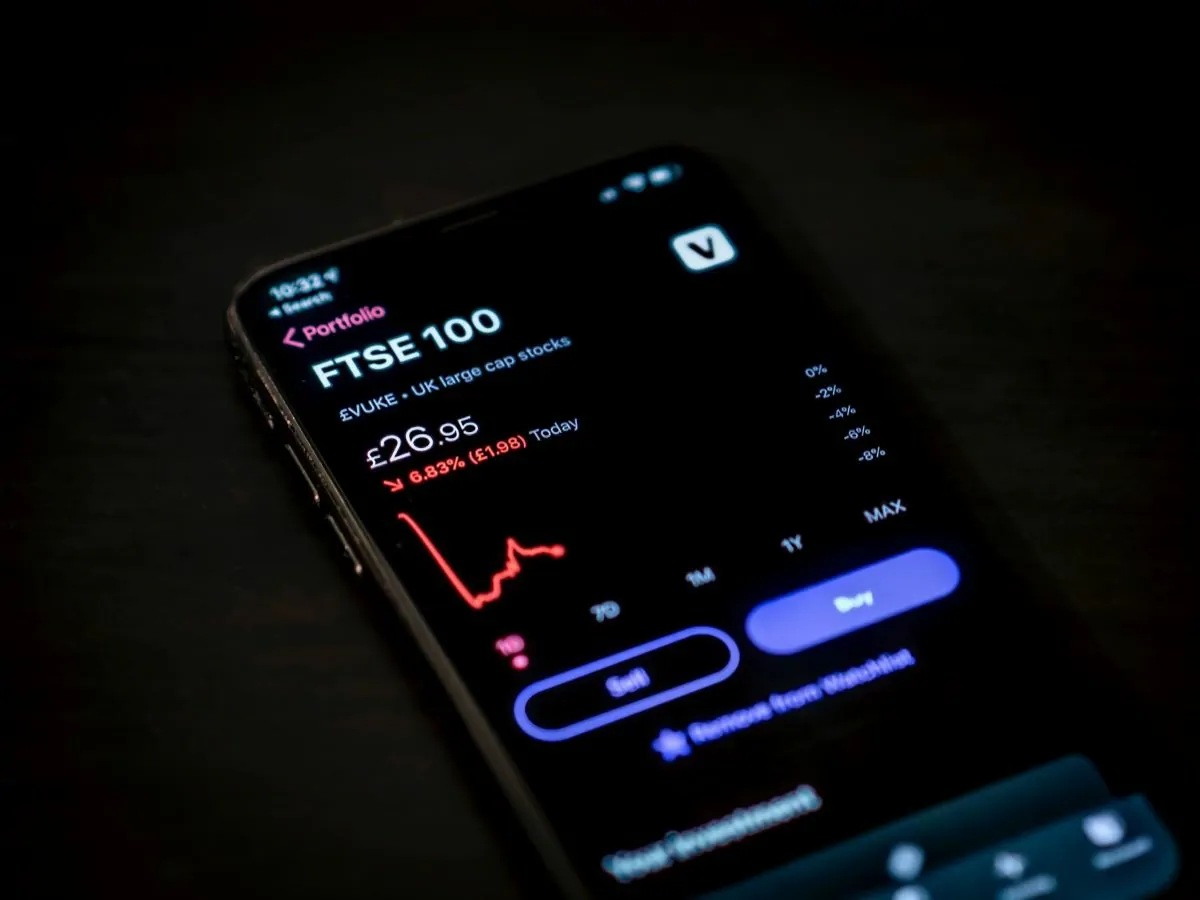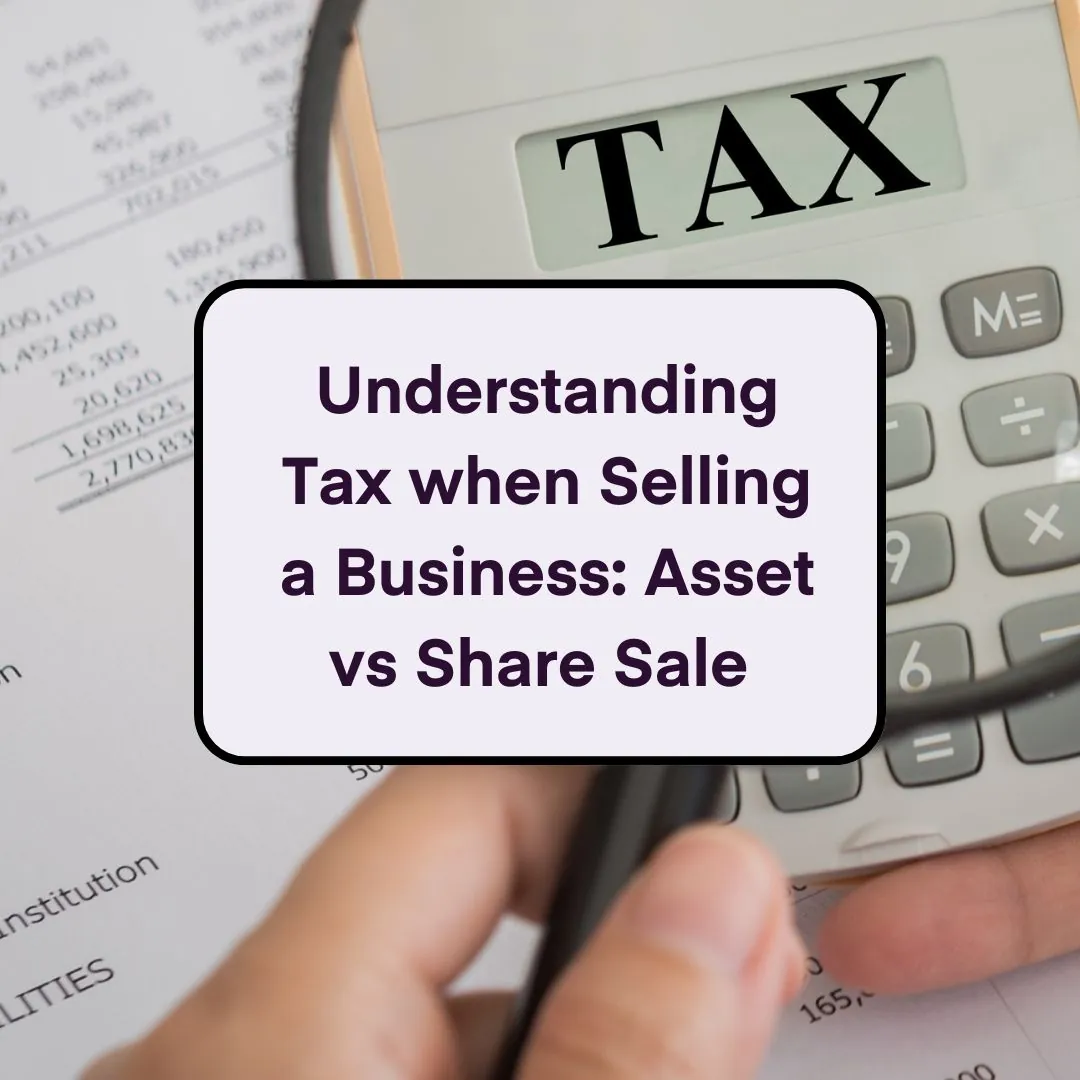
COVID-19 Small Business Loans & Support
15 Aug 2020Chancellor Rishi Sunak has revealed a number of temporary and targeted measures to support businesses and help the economy through the disruption caused by COVID-19.
The government is offering a range of support especially to small and medium-sized businesses. The package of measures is extraordinary in relieving pressure on businesses in a variety of sectors to help cope with the impact of the coronavirus outbreak.
Here is a summary of the support available to businesses to deal with the impact of coronavirus and a breakdown of what businesses are eligible for the different measures.
Help available to small and medium-sized businesses impacted by COVID-19
Statutory Sick Pay
Small and medium-sized businesses and employers will be able to reclaim statutory sick pay for employees self-isolating or taking sickness absence due to coronavirus. As statutory sick pay is being paid from day 1 instead of day 4, the refund will apply for 14 days per eligible employee.
Note: UK employers with less than 250 employees will be eligible for this. The size of an employer is determined by the number of people they employed as of 28 February 2020.
Employers will need to maintain records of staff absences and payments of statutory sick pay. However, employees will not need to provide a GP note. The government is working with employers over the coming months to set up the repayment scheme.
Related: Changes to written statement of employment particulars. What Employers need to know
Job Retention
The Coronavirus Job Retention Scheme provides businesses with access to financial support to help them continue to pay a portion of their employees’ salary for those that would otherwise be getting laid off during this crisis. This is available for all UK employers with a PAYE scheme.
To safeguard workers from being made redundant, the scheme applies to employees who have been furloughed, meaning they’ve been asked to stop working but are still on the payroll. HMRC will be reimbursing 80% of these workers’ wages with a maximum of £2,500 per month. This is backdated to 1 March and will initially be available for three months.
Business rates
A range of measures have been announced to help small businesses in sectors that are especially feeling the pressure from the outbreak of the coronavirus. There will even be a business rates holiday for all retail, hospitality and leisure businesses in England for the 2020-21 tax year.
Business rates are a tax on properties used for commercial purposes. These rates are typically charged based on a rental estimate on the open market, which is called the rateable value.
The following types of businesses are eligible for the business rates holiday:
-
Cafes, restaurants and drinking establishments
-
Shops
-
Cinemas and live music venues
-
Hotels, self-catering accommodation and guest and boarding premises
-
Leisure and assembly
Note: Your local authority should automatically adjust their business rates and send them out to you in your next council tax bill.
Tax deferral arrangements
HMRC is scaling up its Time to Pay service. Businesses and self-employed people in financial distress struggling to pay their outstanding tax liabilities because of coronavirus may be eligible to defer tax payments for a set amount of time.
These deferral arrangements are agreed on a case-by-case basis. However, it’s expected that most struggling businesses will more than likely be allowed to agree deferred payments of PAYE and VAT.
Grants
There are also a range of loans and grants available for a variety of businesses that have been impacted by the coronavirus outbreak. The government has announced it will provide funding to small businesses in England that pay little or no business rates due to small business rate relief. The measures include a one-off grant of £10,000 to businesses that are currently eligible for this relief or rural rate relief.
Grants between £10,000 and £25,000 will also be provided to businesses in the retail, hospitality and leisure sectors. The grant will be available for businesses in England that have a rateable value under £51,000.
Note: You don’t not need to apply for these grants. If your business is eligible, your local authority will contact you.
Loans
On top of that, the Coronavirus Business Interruption Loan Scheme is being launched and is set to temporarily offer loans of up to £5 million for SMEs through the British Business Bank. UK Businesses will be able to access the first six months of the finance interest-free, as the government will cover the interest payments during that time period. This is aimed to help businesses experiencing cash flow issues.
The government will provide lenders with a guarantee of 80% on each loan to give lenders confidence in continuing to provide finance to small and medium-sized businesses. Businesses or banks will not be charged for this guarantee, but there will be a per-lender cap on the number of claims.
Related: How your accountant can cure your cash flow problem
Related: How to do a cash flow forecast
Business Insurance
Businesses with insurance policies that include pandemics and government-ordered closures should be covered. The government and industry also confirmed recently that advice to avoid certain establishments, such as pubs, restaurants, cafes and theatres, is sufficient enough to make a claim.
Coronavirus has brought to light that standard exclusion clauses found in many commercial insurance policies don’t cover viral infections or the suspension of trade because of emergency measures by governments to contain infection.
Note: If you don’t have Business Interruption Insurance, it’s something that should be considered carefully by every trader and business owner in the future, and it might need to be budgeted as an essential overhead moving forward to ensure protection under these kinds of circumstances. As insurance policies differ significantly, this could also be a beneficial time to check the terms and conditions of the specific policy your business has.
Help available to self-employed workers affected by COVID-19
The government has also recently announced an emergency support package available for the self-employed who have been impacted by coronavirus. As Britain is home to 5 million self-employed workers, making up 15% of the workforce, many felt this was an important step to take during these challenging times.
Grants
The Self-employment Income Support Scheme will be available for self-employed workers with annual profits of less than £50,000 per year. For those who are eligible, the government will pay a taxable grant worth up to 80% of self-employed workers’ average monthly profits from the past three years with a cap of £2,500 per month.
The payments will be backdated to March and are set to apply for three months. The grant scheme is expected to be up and running by mid-June. HMRC will contact those who are eligible and ask them to apply online. After that, HMRC will let you know how much you will receive. The grants will then be paid directly into people’s bank accounts.
Note: If you have been self-employed for one or two years, HMRC will only consider those tax returns to calculate average monthly profits. If you haven’t filed a tax return as a self-employed worker, you won’t be eligible, but you can look into applying for Universal Credit if you have lost your income. The standard allowance for Universal Credit is also being increased from 1 April by 1.7 per cent due to the coronavirus outbreak.
Tax deferrals
Self-employed workers can also defer income tax payments. If you were due to pay your second self-assessment payment for the 2018/19 tax year on 31 July, you can defer this payment until 31 January 2021 if you’re facing financial distress due to coronavirus.
This scheme is an automatic offer, so you don’t need to apply. If you defer the payment, there will be no penalties or interest charged. If you need further tax support, you can use HMRC’s Time to Pay service. Call the dedicated hotline 0800 0159 559 if you might miss your next tax payment because of COVID-19.
How Accounts & Legal can help you receive business support
At the forefront of assisting clients in securing any support that is available to them, Accounts & Legal are helping small businesses through these challenging times, and we want to make sure you’re applying for everything you’re eligible for.
We can help you with all of the tax, finance and legal problems you could be facing, including any new challenges arising due to the impact of the coronavirus outbreak on your business.
Give us a call on 0207 043 4000 to see how we can help you get the business support you need. Learn more about our small business accounting services, or try our instant accounting quote tool.

























